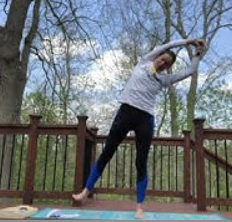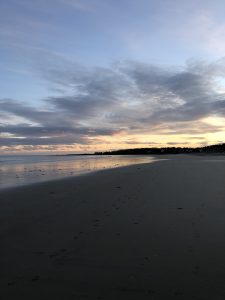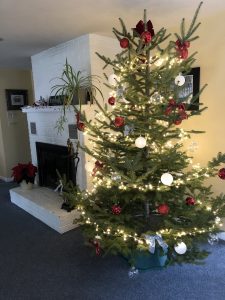Last month, Dr. Tracy Brenner, “The Camp Counselor”, began a series at the Maine Camp Experience to help guide MCE parents through emotionally preparing for camp, starting with the topic of resilience in the face of homesickness and the absence of parental help.
In the vast majority of introductory conversations with parents of new campers, the inevitable topic of homesickness and preparedness for the camp experience comes up: “How do you help campers through homesickness?”, “What happens if she doesn’t adjust immediately?”
Before diving into explaining our in-depth staff training, our strategies for helping individual campers adjust, and how our social, emotional, and behavioral health specialist provides higher-level support, I always begin by first saying that homesickness is perhaps the most ‘normal’ and expected part of camp. Even the ‘campiest’ of kids experience pangs of homesickness and sadness that can make their way into a letter home, and those letters can be devastating for a parent to read.
But here’s a secret: usually by the time that letter has made it to a loved one’s mailbox, the feelings are three-days old, and those three days were full of smiles, laughter, new skills learned, and countless moments of bravery. Experiencing big feelings can be overwhelming at the best of times, and writing can be an exceptional release of those emotions to the people a camper trusts the most. Sometimes it takes time for campers to feel comfortable expressing those feelings to a friend or adult at camp instead, and be able to save the most exciting news for those letters home.
In the meantime, through all the tough moments, what we do know is that camp builds resilience (in my experience, for kids and adults alike!) Imagine a single day at camp and all of the moments a child will experience – some exciting, some disappointing. Each moment is an opportunity for growth in their resilience. From picking their sail back up after dropping it while windsurfing, to committing to fixing a mistake or rolling with it in an art project, to sitting with the disappointment of not getting their dream role in the play and choosing to be happy for their friend. For kids, these are hard things – but hard things that at camp, they are capable of.
And building that resilience can be exhausting and trying – so don’t be surprised if at week three, you find yourself picking up a quiet, tired kid. In a week or so, they might be ready to open upabout all of their amazing experiences – but be patient, they’ve been building resilience at camp for twenty-one days! And one day, that resilience may just develop to carry them up Mt. Katahdin, challenge them to go to JMG test camp, convince them to try the Oak Island swim, or accomplish something like American Archer, Advanced Equestrian, or Advanced Skipper.

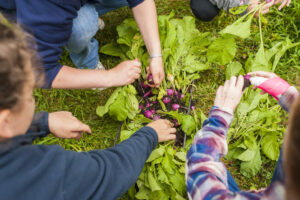
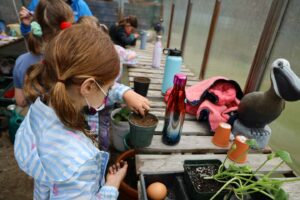
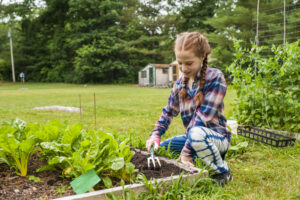
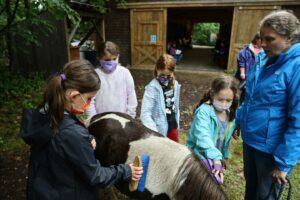
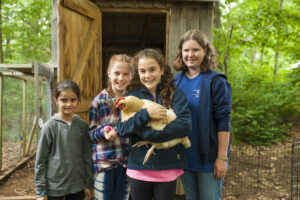
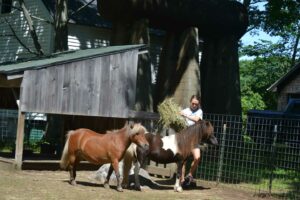
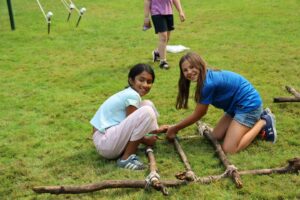
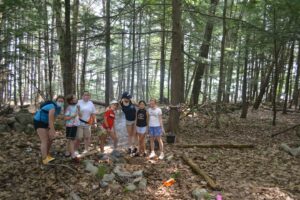
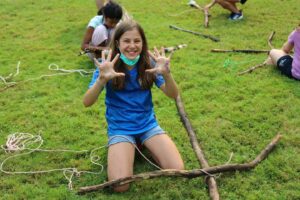
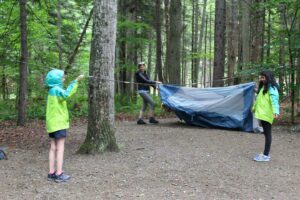
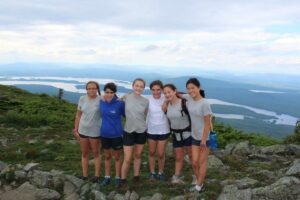
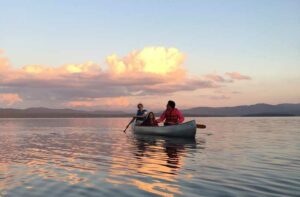
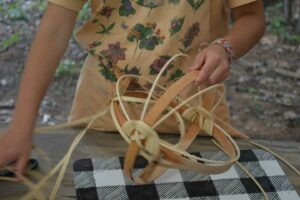
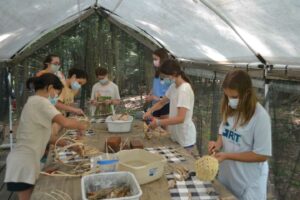
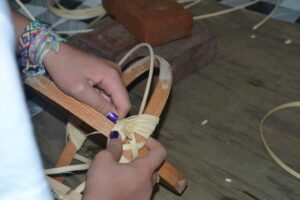
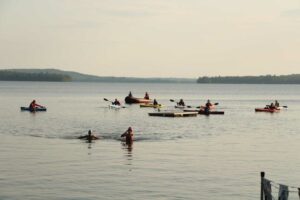
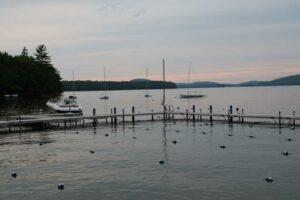
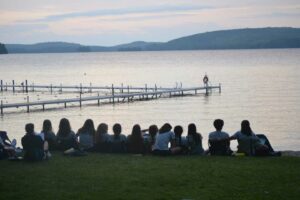
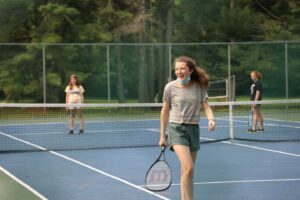
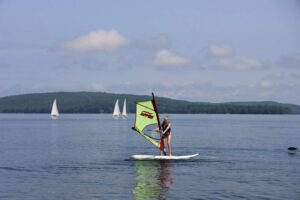
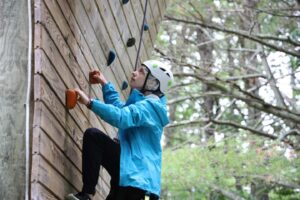
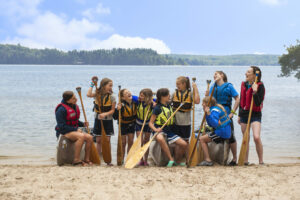
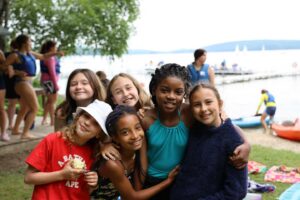
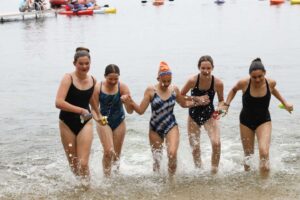
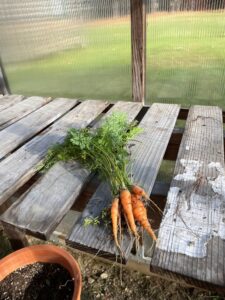
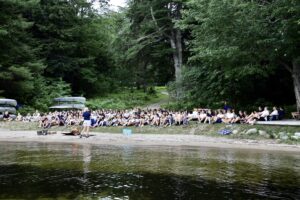
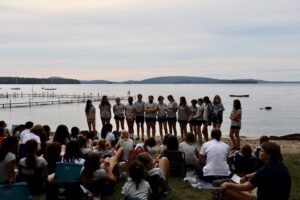

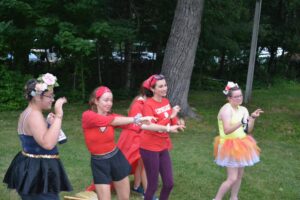 At camp we introduce ourselves now as I’m so and so and my pronouns are… it feels normal and fluid although it took some getting used to by many older people. Here’s one camp mom’s
At camp we introduce ourselves now as I’m so and so and my pronouns are… it feels normal and fluid although it took some getting used to by many older people. Here’s one camp mom’s 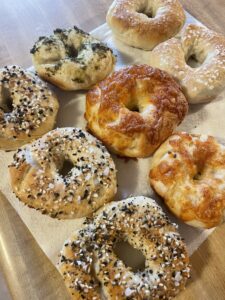


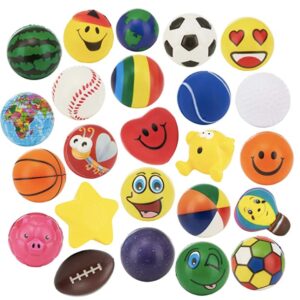 A Sample of Ideas:
A Sample of Ideas: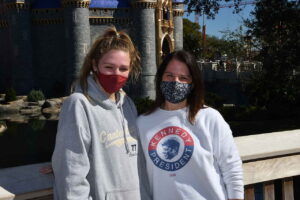 I’ve been involved with the Interscholastic Equestrian Association(IEA) since 2013, starting as a team coach. Over the years, I’ve fulfilled a variety of roles at the organization’s horse shows from manager to secretary to announcer to steward. During our 2021 postseason, I was called on to fulfill a new role, COVID Compliance Supervisor AKA Covid Cop.
I’ve been involved with the Interscholastic Equestrian Association(IEA) since 2013, starting as a team coach. Over the years, I’ve fulfilled a variety of roles at the organization’s horse shows from manager to secretary to announcer to steward. During our 2021 postseason, I was called on to fulfill a new role, COVID Compliance Supervisor AKA Covid Cop.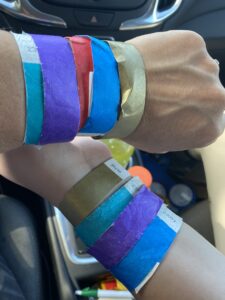 washing, and social distancing. I took those habits forward into my job at a local high school as we resumed hybrid in person learning beginning in October. Stepping into the role of COVID compliance supervisor was in my wheelhouse.
washing, and social distancing. I took those habits forward into my job at a local high school as we resumed hybrid in person learning beginning in October. Stepping into the role of COVID compliance supervisor was in my wheelhouse.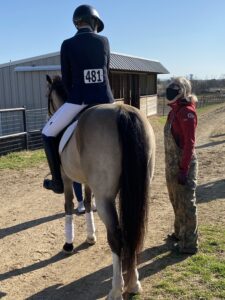
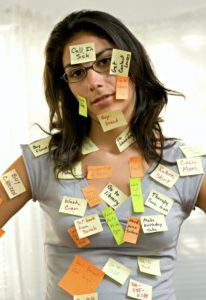 You are catapulting around, working from your hectic home circus, syncing schedules between
You are catapulting around, working from your hectic home circus, syncing schedules between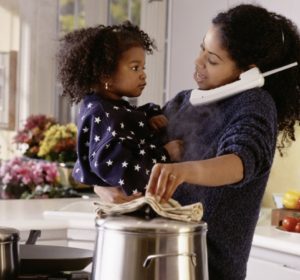 hybrid education for your children, after school engagement, managing zoom meetings, connecting with your partner and family, caring for your parents, and hey, by the way, what’s for dinner?
hybrid education for your children, after school engagement, managing zoom meetings, connecting with your partner and family, caring for your parents, and hey, by the way, what’s for dinner?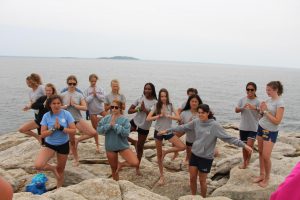 At camp we are so lucky to have alumna Kara Benken Garrod lead both adults and campers in yoga practice. She teaches yoga in Ohio in the off season and generously helps guide us at camp.
At camp we are so lucky to have alumna Kara Benken Garrod lead both adults and campers in yoga practice. She teaches yoga in Ohio in the off season and generously helps guide us at camp. 